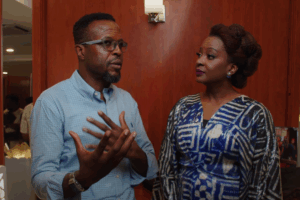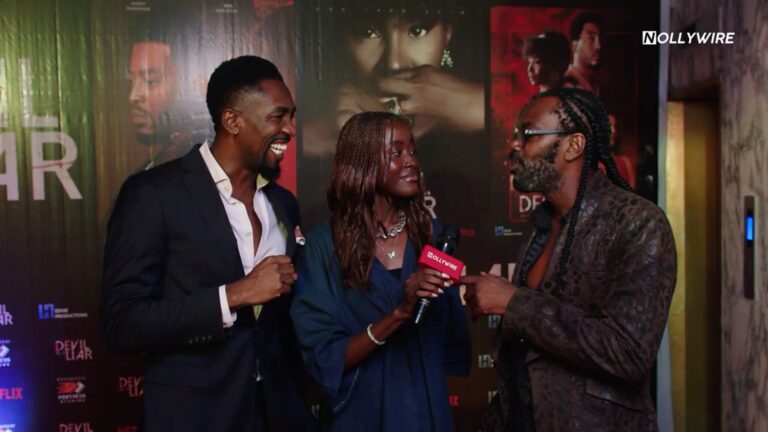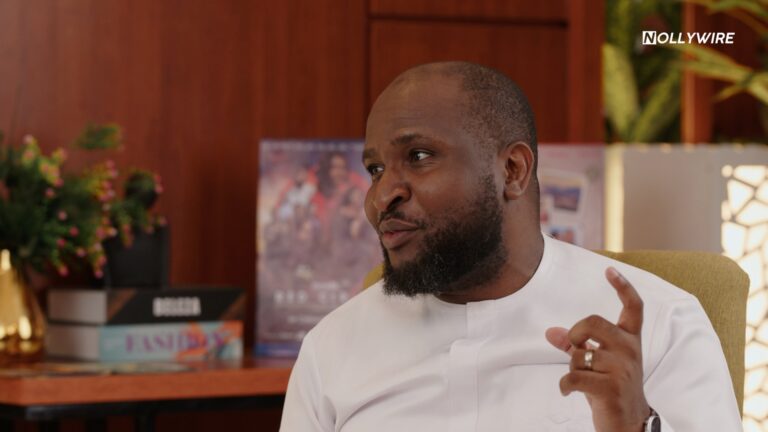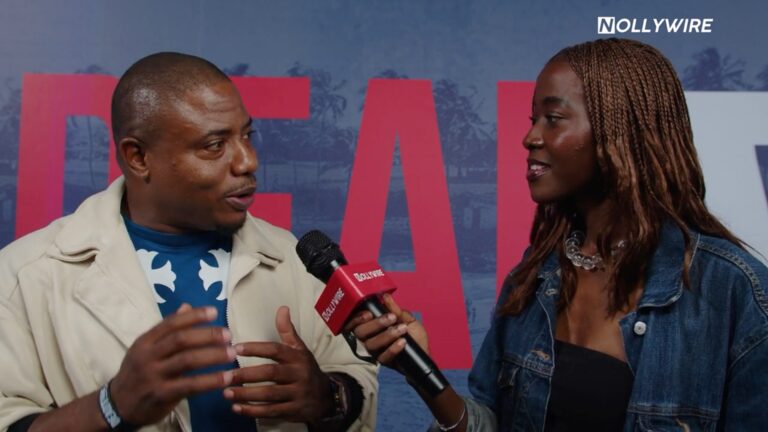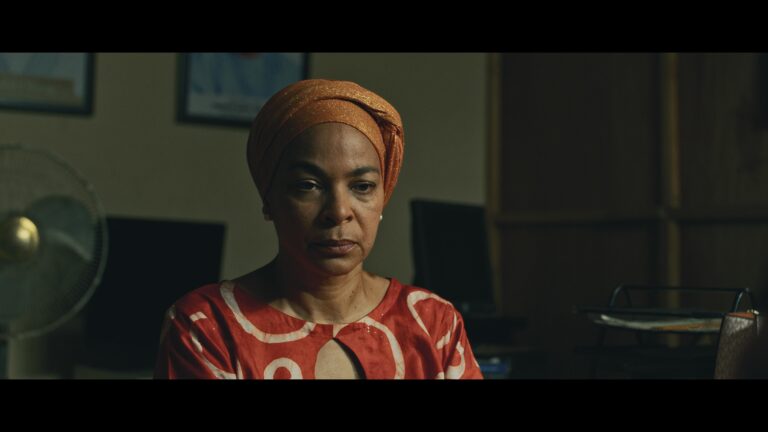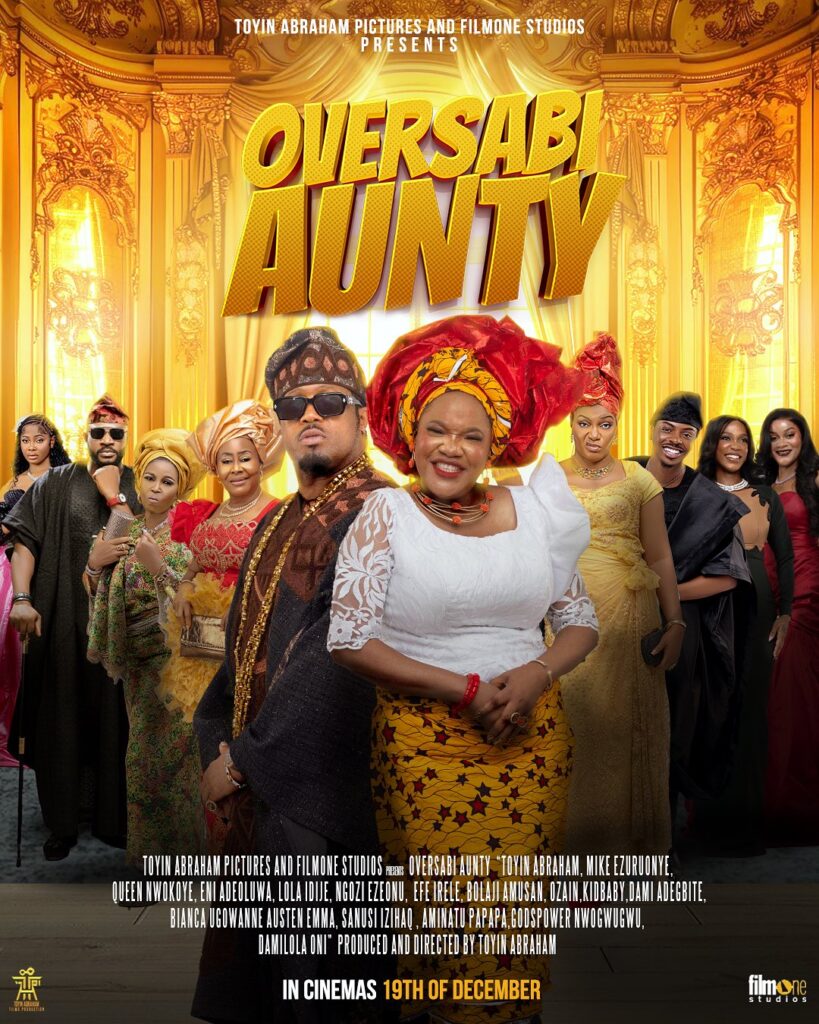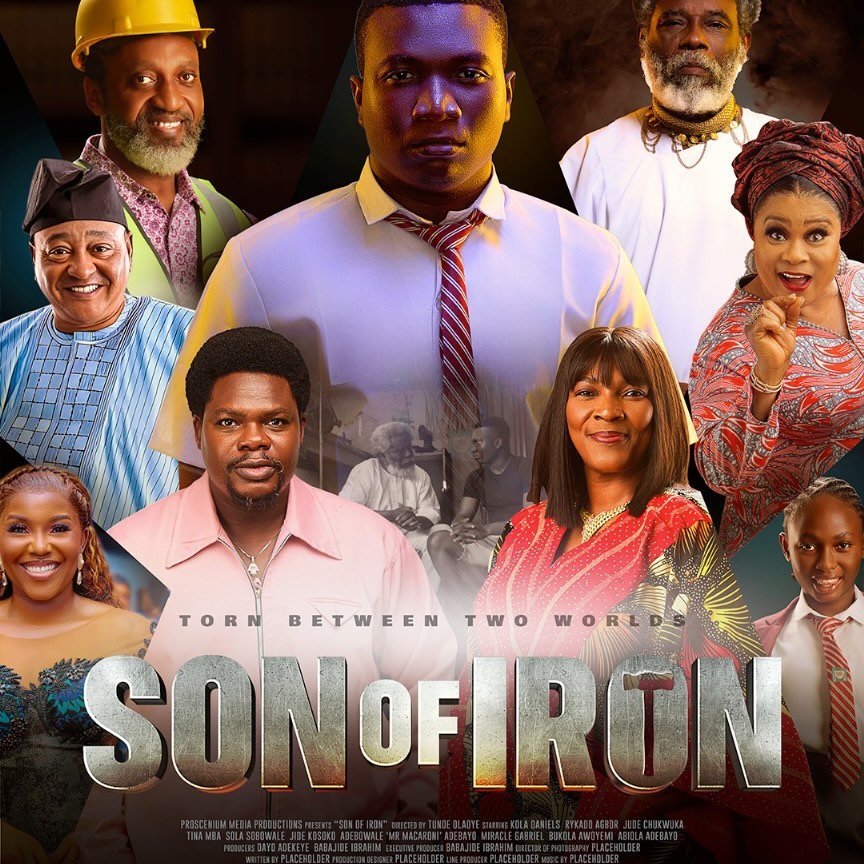Nollywood actor Gbenga Titiloye is a student of the theory “art is an imitation of life,” propounded by Aristotle and is honouring it with his latest project, Sugar Factory Film Studios, that lies in Kwara State. The famous statement simply means art exists to reflect reality and human actions.
Our comfort movies are relatable because they honour Aristotle’s theory. We feel the characters’ feelings because our emotions are universal. In other words, we relate. Titiloye wants us to apply this theory to filmmaking and that is why he partnered with the Kwara state government to bring this dream to life in the form of Sugar Factory.
For television fans, Gbenga Titiloye is no foreigner. In the popular series ‘Battleground,’ he played the role of Kolade Badmus, the complex patriarch of the Badmus family. He is also known for ‘Bling Lagosians,’ where he portrayed Akin Holloway, the head of the debt-ridden Holloway family.
Titiloye believes relatability sells movies. People are more likely to connect to a story if they can see themselves in the characters. Authentic storytelling could help sell our movies better, as it deepens the connection between the films and us.
Our culture and tradition, if portrayed in film, can be a huge cultural export. Titiloye applauded Bolanle Austen-Peters for her work on ‘House of Gaa,’ a historical epic that showcased the life of Bashorun Gaa, a military leader in the 18th-century Oyo empire.
Turning history and mythologies into worthy screen stories has existed for a while. Hollywood has made a buck off Greek mythology and continues to do so. Titiloye asserts that we can replicate this with our local mythologies and legends.
Titiloye not only wants characters to look like us, he wants them to speak like us. He praised Afrobeats artists for taking the step forward in globalising our way of life, especially our language. The South Korean cinema, heralded as an innovative industry, has influenced the world with its culture. It is also the country’s biggest cultural export. It achieved all this with its own language, showing that language as a barrier in film has been eliminated due to subtitles.
Inclusive representation can expand a film’s audience. When movies tell stories that reflect the diversity of the world, they reach broader audiences, leading to greater box office success.
Reflective storytelling also helps break the cycle of adopting foreign narratives that may not resonate with or represent our lived experiences. This is Titiloye’s main gripe and one of the reasons that motivated him to build the Sugar Film Factory. One of the studio’s shows in progress is based on police officers who have passed the retirement age but are still in the force.
The storyline is quite in tune with our reality. These brands of people not only exist on the force but even within the civil service. These are the kinds of stories Titiloye plans to tell with Sugar Factory. The working title of the show takes its name from the Nigerian pidgin military slang ‘Ajuwaya,’ which means “As you were,” the equivalent of “At ease.”
However, simply knowing how to tell stories that are reflective of us is not enough. There are many departments that work together to produce films and they all require professionalism. Titiloye posits the need to throw mediocrity out the door to create worthy projects.
One major way to achieve this is by educating and training people. Sugar Factory is not only a studio but an academy that aims to train the next generation of filmmakers who know what story to tell and how to tell it.
The Nollywood talent concludes that our industry is not just a form of entertainment but a cultural force. For it to remain relevant, authentic, and powerful, it must be deeply reflective of the people, communities, and values it represents.



